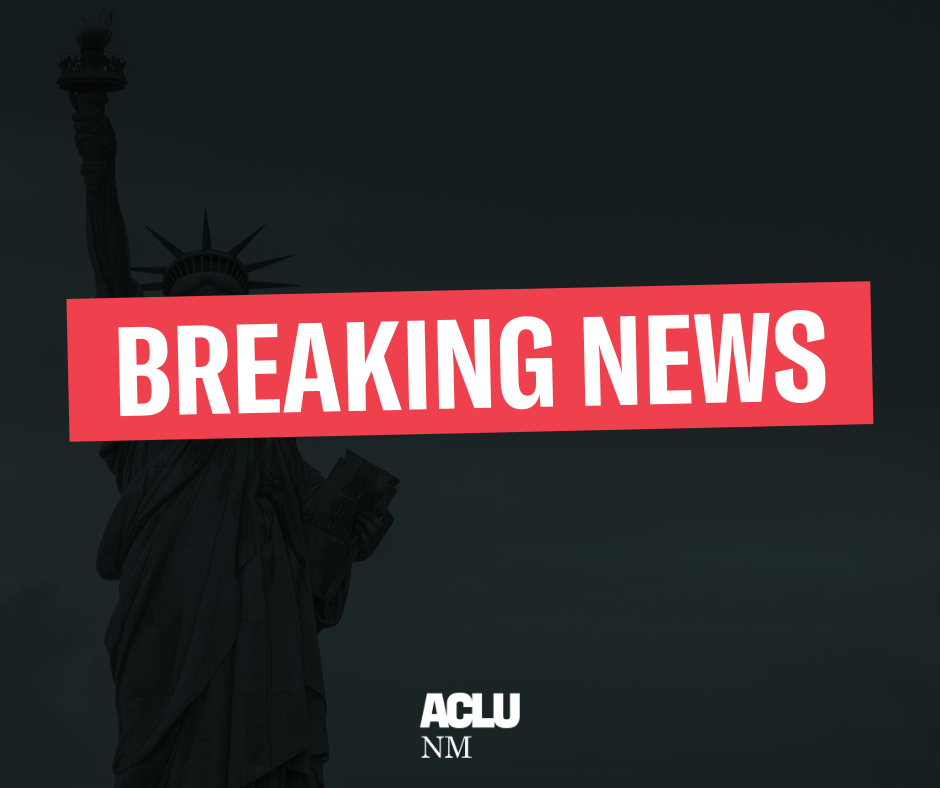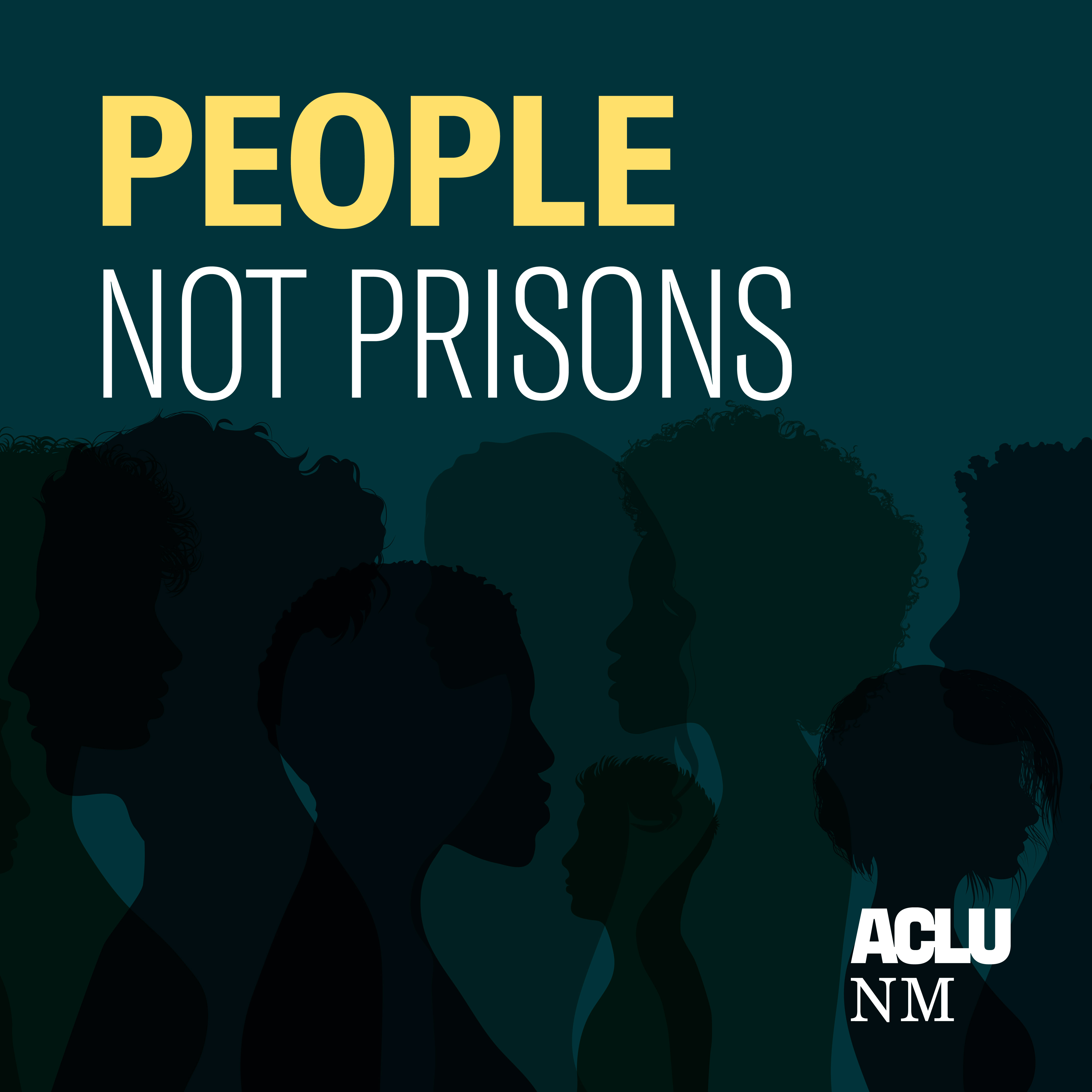The ACLU agrees with Chief Harold Medina that Albuquerque must accept that our traditional approaches to law enforcement aren’t working and find the courage to make changes.
We don’t need more police officers. We need police officers’ responsibilities narrowed to the kinds of encounters they are best suited to address and complement their ranks with professionals trained to deal with the complexities of mental illness, homelessness, and substance addiction.
It’s time that we stop asking armed police officers to play the role of social worker, substance use specialist, and coordinator of services for unhoused people. Every time we put armed officers in those situations, we increase the risk the encounters will end in violence.
We’re encouraged that the chief believes the changes APD has undertaken have made them a better department. We assume he is referring to the department’s court-ordered settlement agreement with the U.S. Department of Justice, which spurred the most dramatic changes to the APD over the last decade.
While APD often fought these reforms, and their use-of-force track record is far from perfect, many of the reforms set an example of the direction other law enforcement agencies in the state should be taking.
New Mexico’s police departments are among the most violent in the nation. Our state can begin to turn the tide on police violence if agencies like APD double down on adopting robust life-saving de-escalation protocols, evidence-based use of force policies, and strong systems of accountability for officers who violate policy. They also need to reduce the overall number of police interactions, especially with people who are unhoused or experiencing mental health crisis.
This is just the beginning of what our communities need to fully trust in the police departments charged with their protection. To truly shift the current policing paradigm in New Mexico, ultimately, we must address the root causes of crime like difficulties securing meaningful employment, affordable housing and substance treatment, as well as harsh sentences that further destabilize and traumatize people.
Until then, police violence will not be a problem we solve, just one we manage.
This op-ed originally appeared in the Albuquerque Journal.


